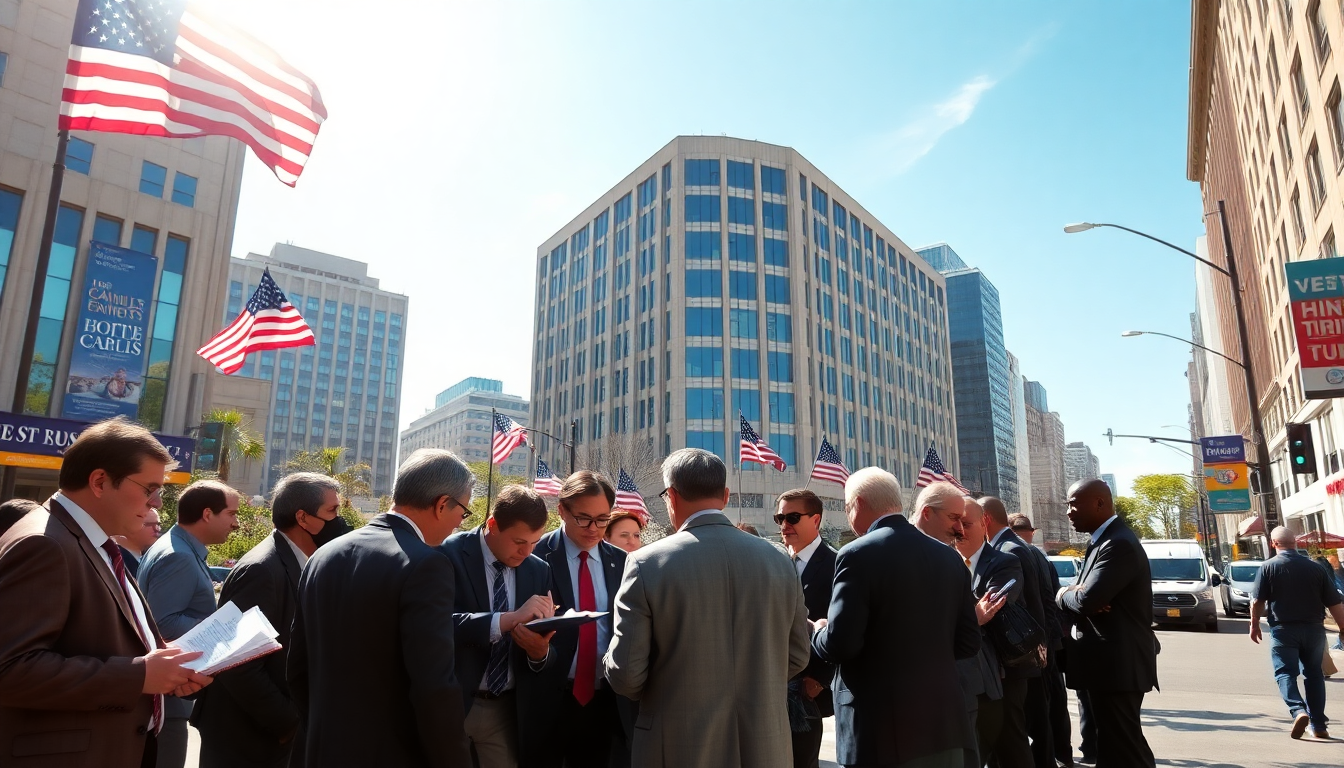Table of Contents
The relationship between journalism and patriotism has always sparked lively debate in American society. From the very beginning of the press, there’s been an ongoing tug-of-war about whether reporters should reflect national sentiments or stick to objective reporting. So, how does this dynamic play out in today’s world? This article takes a closer look at the historical context and current implications of this relationship, examining how media narratives shape our understanding of patriotism and national identity.
How Media Perspectives Have Evolved
Historically, the media’s approach to national issues has shifted dramatically, especially during times of conflict. Take the Vietnam War era, for example—a turning point when journalists began openly questioning the government’s narratives. Remember when CBS anchor Walter Cronkite famously declared that America was likely to lose the war? That moment ignited widespread discussions about the media’s power to influence public opinion, often prioritizing objectivity over blind loyalty to the nation.
This growing sentiment led many journalists to view patriotism as a form of unquestioning loyalty. During international conflicts, for instance, the media often critiqued military actions rather than celebrating national achievements. As a result, the perception of the United States as a force for good faced increasing challenges, leading to portrayals that some labeled as unpatriotic. Isn’t it fascinating how the lens through which we view our country can shift so dramatically?
Patriotism vs. Professional Integrity
As the media landscape has continued to evolve, the tension between patriotism and journalistic integrity has become even more apparent. Journalists often find themselves grappling with ethical dilemmas about their duties as citizens versus their responsibilities as reporters. A notable example emerged during a PBS discussion where journalists debated whether they should warn American troops in hypothetical situations. The varied responses showcased a deep-rooted conflict between personal beliefs and professional obligations.
Moreover, the aftermath of September 11, 2001, briefly united the nation but also laid bare divisions within the media. Some commentators questioned the actions of American forces, implying that a critical stance could be seen as unpatriotic. This ongoing dichotomy—where journalists are expected to uphold a national narrative while also holding power accountable—continues to create friction within the profession. How can journalists balance these competing interests while still serving the public?
The Modern Media Landscape and Public Perception
In today’s hyper-connected world, the relationship between media and patriotism remains incredibly complex. Take, for instance, public figures who criticize the national anthem or flag—these actions often ignite heated discussions about what patriotism truly means. Athletes protesting during the national anthem serve as a prime example of this tension, with some viewing their actions as courageous statements against injustice, while others see them as disrespectful. Isn’t it intriguing how one act can evoke such polarizing reactions?
Furthermore, the rise of social media has amplified these conversations, allowing individuals to express their views on patriotism and the media’s role more freely. This accessibility has fostered a more fragmented media landscape, where diverse perspectives challenge traditional narratives about national identity. In a world where everyone has a voice, how do we navigate these conversations effectively?
Conclusion: Navigating the Future of Journalism and National Identity
As we look ahead, the interplay between journalism and patriotism is sure to keep evolving. A responsible media that balances critique with a sense of national pride is crucial for building public trust. Journalists must remain aware of their role in shaping public discourse and the impact their narratives can have on national unity.
Ultimately, the challenge lies in reconciling the pursuit of truth with the patriotic sentiments of the people. By fostering a dialogue that respects both perspectives, the media can help create a more nuanced understanding of what it means to be an American in today’s ever-changing world. So, how will future journalists navigate this delicate balance? The answer lies in open communication and a commitment to understanding the complexities of our national identity.


